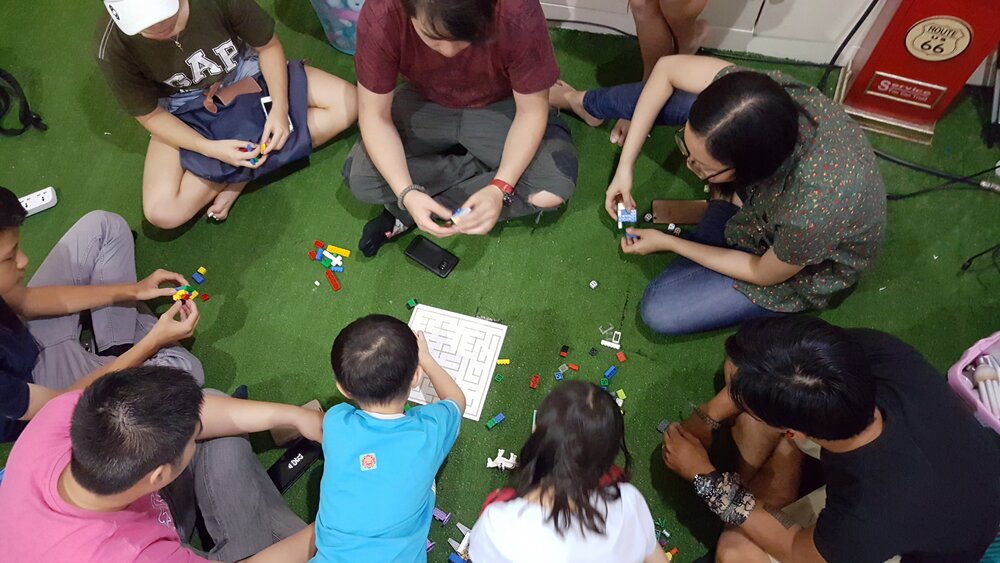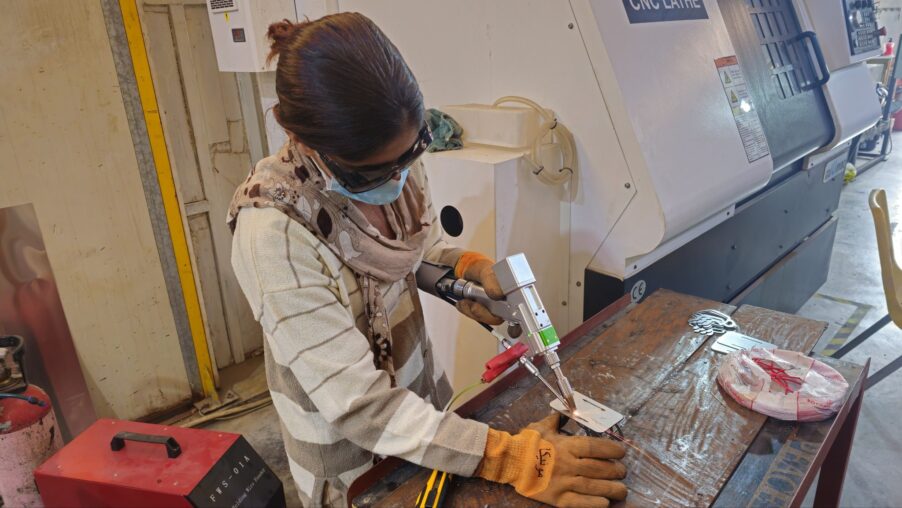Education and Makerlabs represent a dynamic intersection of innovation, collaboration, and skill-building. Makerlabs, as spaces dedicated to hands-on learning and creativity, have become increasingly integrated into educational frameworks. They provide opportunities for learners to engage in project-based activities, fostering critical thinking and problem-solving skills. Integrating Makerlabs into education is challenging, but the potential benefits are significant.
The discussion among GIG members highlights the importance of establishing a sustainable online infrastructure to support Makerlabs and educational initiatives. While resources may be limited, the need for a platform remains central. Makerlabs can use or develop existing platforms to ensure relevance and adaptability. A collective approach to platform governance can empower members to create MOOCs and resources tailored to their needs. The concept of a connected MOOC network for GIG members offers a promising avenue for sharing content and expertise. Such a network could generate online educational content, benefiting individual members and the broader community. Monetization of specific courses could provide financial support, though accessibility for low-income regions must remain a priority. Transforming MOOCs into all-access platforms can support the development of Makerlabs, particularly in areas like Africa and Latin America. Addressing questions such as how to set up Makerlabs and identifying sustainable business models are essential for linking MOOCs to the practical needs of these spaces. The continuation of GIG’s efforts beyond specific projects underscores the ongoing demand for platform content.

Hands-on Workshops on Plastic Recycling at Casa Criatura, Brazil
International networks play a crucial role in fostering local partnerships. By leveraging global connections, Makerlabs can address specific community needs while benefiting from shared knowledge and resources. Creating a community toolkit, such as “Semente,” exemplifies the collaborative spirit necessary for these initiatives. At the same time, funding remains a significant challenge, with reliance on public financing or foundations often limiting the scope of projects. Building a network of engaged individuals around content can create a critical mass, enabling participants to focus on their work without excessive administrative burdens. This approach aligns with Makerlabs’ ethos of emphasizing community-driven solutions. The sustainability of platforms post-project completion is a recurring concern. Encouraging consistent use and supporting members in content creation can mitigate these challenges. Offering services to assist members in developing high-quality content aligns with GIG’s mission to empower its community.
Collaborative decision-making processes are vital for determining how to share and distribute content. Open and transparent discussions, documented for public understanding, can ensure that a platform remains inclusive and accessible. Avoiding the pitfalls of closed systems like Coursera or Udemy requires a commitment to openness and community engagement. For this, one must explore different methods of content distribution and monetization. While monetization can support Makerlabs, it may also restrict access for innovators in low-income regions. Balancing monetization with accessibility is crucial, ensuring NGOs and similar organizations can access resources for free. Here, it is essential to point out that the community aspect of Makerlabs is often more significant than the tools themselves. Schools with well-equipped Makerlabs may lack trained educators, highlighting the need for community-driven support and training. Sharing content and expertise within the community can effectively address these gaps.
Inclusive Tech Sundays by Salvage Garden, Singapore
Academic literature supports the integration of Makerlabs into education, emphasizing their role in fostering creativity and STEM-related learning outcomes. Immersive experiences and virtual training programs are crucial to enhance teacher preparation and confidence, underscoring the importance of collaborative and innovative approaches. Makerspaces are environments that promote creativity and innovation. They enable learners to explore, design, and experiment, contributing to their overall development. The hands-on nature of Makerlabs complements theoretical learning, creating a balanced educational experience. But, at the same time, integrating Makerlabs into formal education requires addressing equity and inclusion. Ensuring that all learners can access these spaces regardless of socioeconomic background is essential for democratizing education. Collaborative networks and partnerships can play a pivotal role in achieving this goal. Additionally, categorizing content based on specific needs and partnerships can enhance Makerlabs’ relevance and impact. Collaborations with organizations like Brot für die, Welt, African Makerspace Network, and FabCity, among others, can provide valuable insights and resources. These partnerships exemplify the potential of international networks to address local challenges.
In conclusion, Education and Makerlabs represent a transformative approach to learning and collaboration. By addressing challenges such as funding, accessibility, and sustainability, these initiatives can empower communities and foster innovation. The insights here can provide a roadmap for integrating Makerlabs into education, ensuring their long-term impact and success. Further academic references offer a strong foundation for discussing the integration of Makerlabs into education, their potential for fostering innovation, and their challenges:

SparkleLAB in action, Philippines
- Ioannou, A., & Gravel, B. E. (2024). “Trends, tensions, and futures of maker education research: A 2025 vision for STEM+ disciplinary and transdisciplinary spaces for learning through making.” – Read it here
- Bobic, O.-R. (2023). “Makerspaces as learning spaces for sustainable development: A systematic literature review.” – Read it here
- Turakhia, D., Ludgin, D., Mueller, S., & Desportes, K. (2023). “Understanding the educators’ practices in makerspaces for the design of education tools.” – Read it here


